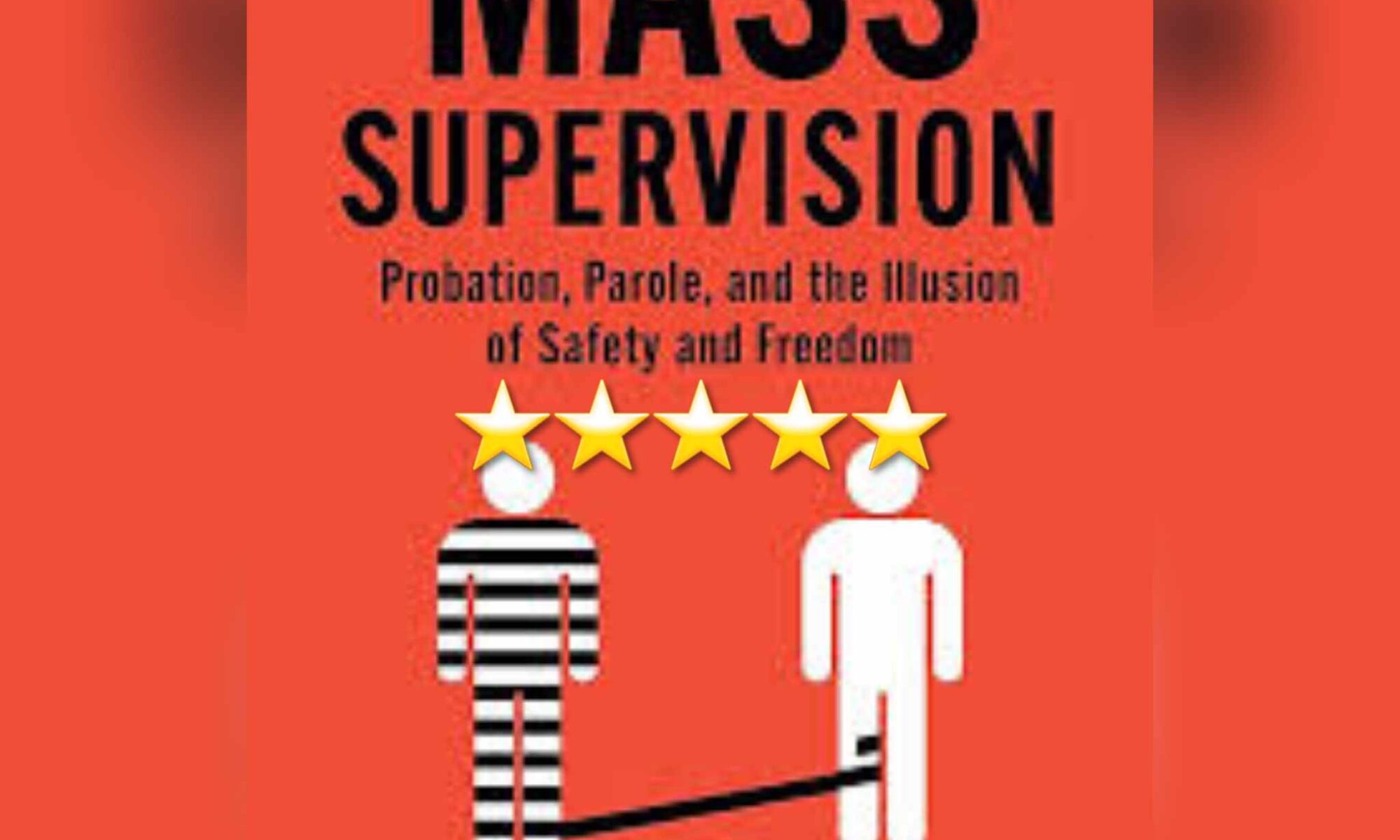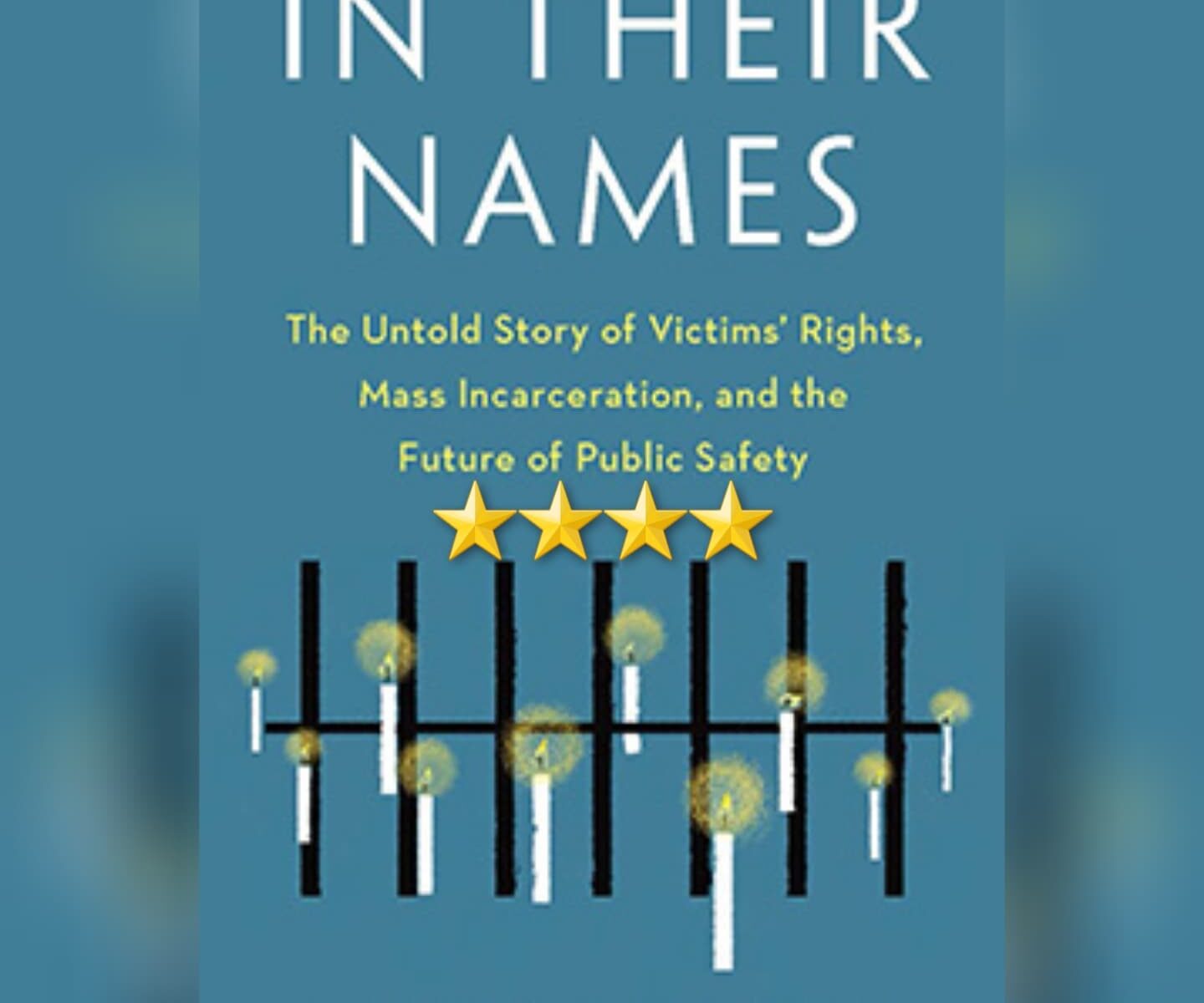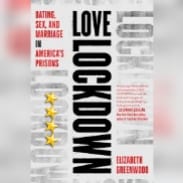Laughably Dumb? You Decide. This is another of those books where my own experience with the topic absolutely plays into my judgement here, so up front: I’m an Autistic who studied police brutality for years after some… unfortunate… (though mild, comparatively) encounters with police throughout my life. I actually became quite an expert in tracking police murders, helping with a now-defunct project similar to MappingThePolice – MTP being a project McHarris cites in this text. I was also active in CopBlock many years ago after watching its founders have their own unjust encounter with police. I’ve even known one of the victims – though to be clear, I knew him as a toddler and it was over a decade later that he was murdered by police. I’m a former Libertarian Party official at both State and local levels and 2x rural small town City Council candidate. I’ve even given a presentation at the Georgia Sociological Association’s conference. Which is a lot to say that while Mr. McHarris has me beat as far as degrees go, I’m not some bum off the street who doesn’t have both lived and academic experience with this topic as well. 🙂
As to the title of this review and the substance of the book, really all you need to know here is that Mr. McHarris’ aforementioned degree, at least one of them, is in African American studies from Yale. That alone clues you in immediately to the extreme leftist and even racist bent you’re going to get from this book, either proclaiming all white people as racist or dismissing white concerns related to the topic. How you feel about that bent is largely how you’re going to feel about this book. Also, to be clear, the actual “Laughably Dumb” bit was the comment a friend made when I showed them a one of the points we’ll get to below. 🙂
But wait! It gets better! First, some truly, truly great things: 1) The documentation, though slanted, is at least reasonably thorough, clocking in at around 20% of the text. Using the Sagan Rule (“extraordinary claims require extraordinary evidence”), perhaps that might not be enough for the claims of this text. But it *does* fall in line with the norm of my experience with similar texts, and at least some of the sources cited are some of the very same ones I would cite as well, were I writing a book on this topic myself – including The New Jim Crow by Michelle Alexander, Rise Of The Warrior Cop by Radley Balko (whose history of policing is far more complete and balanced than the one McHarris offers in the first third of this text), and Torn Apart by Dorothy Roberts, among others. Furthermore, though from a clearly extreme leftist position, McHarris does indeed offer some interesting ideas at times, delusional though they may be in terms of his exact preference of implementation. But at least he is proposing *something*, and some of the ideas truly have merit.
And then we get to the stuff where you really need to decide how laughable you think they are. For one, McHarris proclaims the LA riots after the Rodney King beating to be an “uprising against police”, and uses similar “uprising” language to denote the mass riots of 2020. As if that weren’t bad enough, McHarris, while still coming from an “all whites are evil racists” perspective, openly advocates for “direct participatory democracy” to make “all” political decisions. Can you, dear reader of my review, please tell me why that may be a *horrible* idea indeed for minorities? As in, if you truly believe that all white people are evil racists and that there is nothing good about them, why would you want to give them such absolute power in so many areas?
Ultimately, it is this very utopian failure to fully consider his own thoughts and their ramifications that I believe is an objective enough reason to deduct the star here. As noted above, the documentation is reasonably solid enough and McHarris cites some of the very same texts I would (and do) on this topic. Some of the general ideas for moving away from police and of the need to at least consider how it could actually be done are reasonably well thought out, at least in initial conception of end goal and *rough* parameters. But McHarris is clearly blinded by his own ideology in just how doomed to failure so many of his implementations truly are, and for that reason I simply can’t award all five stars.
As I said from the beginning, you decide, dear reader of my review, what you’re going to think of this book. I absolutely think everyone should read it, just know that roughly half of you, perhaps more, are going to want to defenestrate it from the highest available window fairly early and fairly often. Still, stick through it. Finish it. Review it yourself. And *then* defenestrate it, if you truly need to. 🙂
Very much recommended.
This review of Beyond Policing by Philip V. McHarris was originally written on July 12, 2024.





